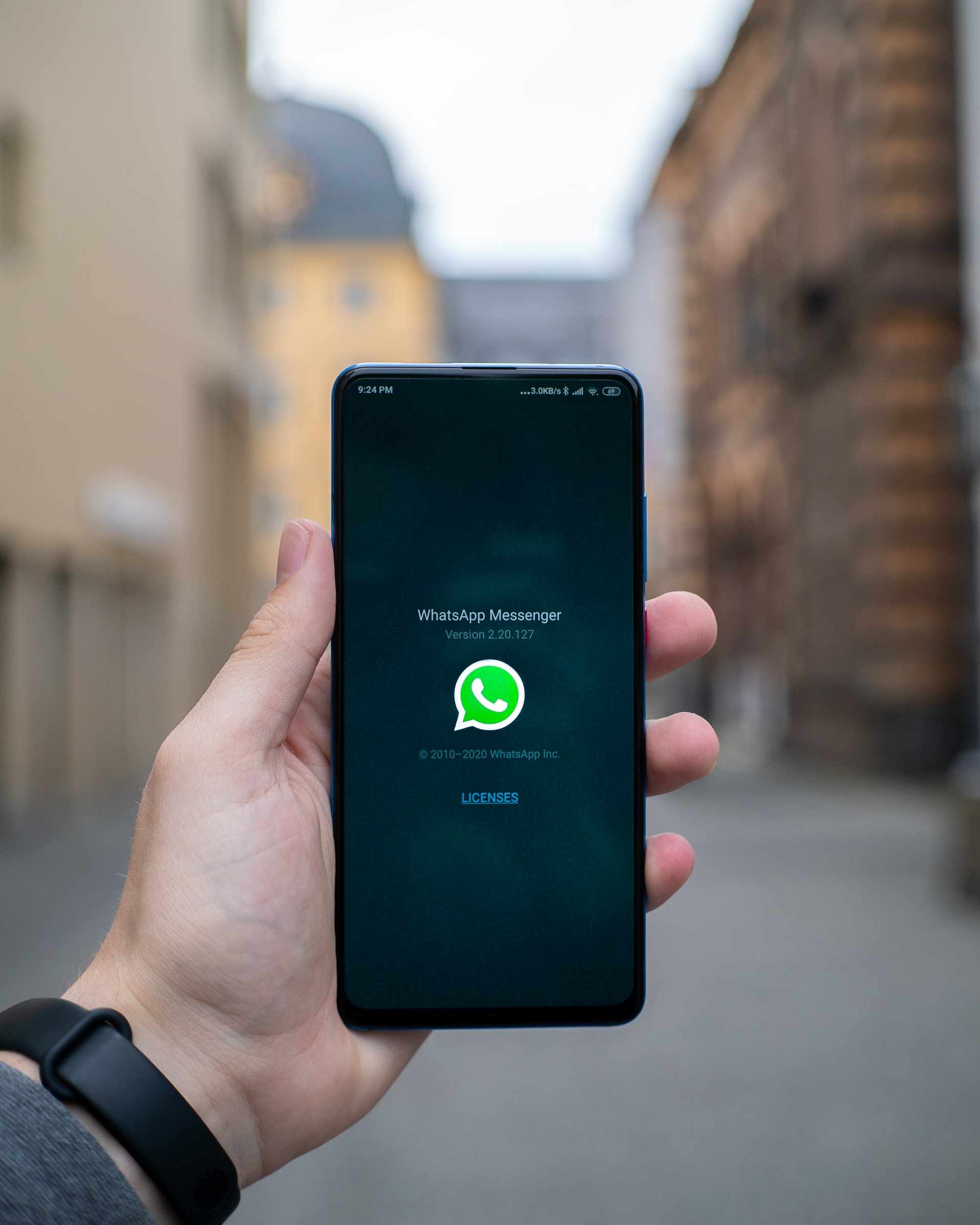Introduction
In the digital age, privacy has become a paramount concern for individuals worldwide. With the rise of digital surveillance and data breaches, users are seeking secure and private communication platforms to protect their personal information. Signal and WhatsApp have emerged as leading contenders, providing end-to-end encryption and robust privacy features. In this article, we explore how Signal and WhatsApp stand as pillars in preserving privacy, empowering users to communicate confidentially and securely in an era of digital surveillance.
The Importance of Privacy in the Digital Landscape
As our lives become increasingly interconnected through digital platforms, the protection of personal information has never been more critical. From sensitive conversations to personal data, users require platforms that prioritize privacy to maintain confidentiality and safeguard their digital footprint. Signal and WhatsApp have risen to the challenge, offering secure communication channels with a focus on preserving user privacy.
Signal: The Champion of Privacy
Signal, renowned for its commitment to privacy, has gained popularity among users seeking a secure messaging platform. Here’s why Signal stands as a pillar in preserving privacy:
End-to-End Encryption
Signal employs end-to-end encryption as its core security feature. This means that only the intended recipients can decrypt and access the messages exchanged, ensuring that no intermediary or third party can intercept or read the content. With end-to-end encryption, Signal provides users with a high level of privacy and confidence in their communications.
Open Source and Transparent
Signal’s commitment to privacy goes beyond its encryption. The platform’s open-source nature allows independent security experts to review its code for vulnerabilities and ensure its integrity. This transparency builds trust and reassures users that Signal’s privacy claims are backed by a community of experts.
Minimal Data Collection
Signal follows a minimal data collection approach, limiting the amount of user data it collects and retains. The platform does not store user messages, call logs, or any metadata associated with user activities. By minimizing data collection, Signal reduces the risk of data breaches and enhances user privacy.
WhatsApp: Empowering Privacy at Scale
WhatsApp, with its massive user base, has taken significant steps to prioritize privacy. Let’s explore how WhatsApp stands as a pillar in preserving privacy:
End-to-End Encryption
Similar to Signal, WhatsApp implements end-to-end encryption for all communications. This means that conversations and media shared on the platform are encrypted and can only be accessed by the intended recipients. WhatsApp’s encryption ensures that messages remain private and secure, even during transit.
Two-Factor Authentication
To enhance account security and protect user data, WhatsApp offers two-factor authentication. This additional layer of authentication requires users to provide a unique verification code in addition to their regular login credentials. Two-factor authentication significantly reduces the risk of unauthorized access and adds an extra level of privacy protection.
Privacy Settings and Controls
WhatsApp provides users with granular privacy settings and controls. Users can choose who can view their profile information, such as their profile picture, status, and last seen timestamp. Additionally, WhatsApp offers the option to block or report contacts, giving users control over their communication experience and ensuring their privacy preferences are respected.
Conclusion
In an era of digital surveillance and growing privacy concerns, Signal and WhatsApp have emerged as champions of user privacy. With their commitment to end-to-end encryption, open-source transparency, and minimal data collection, both platforms provide users with secure communication channels. Signal’s focus on privacy, combined with its open-source approach, appeals to users seeking utmost confidentiality. WhatsApp, with its vast user base, empowers privacy at scale through robust encryption, two-factor authentication, and privacy controls. Whether it’s Signal’s dedication to security or WhatsApp’s widespread adoption of privacy features, both platforms stand as pillars in preserving privacy and empower users to communicate confidentially in an increasingly connected world.




